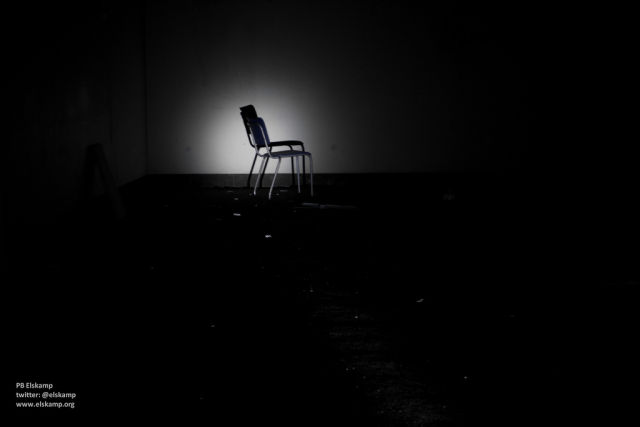Study finds that sleep deprivation leads to false confessions
Ars Technica » Scientific Method 2016-02-09

(credit: flickr user: Pieter Bas Elskamp)
A paper in Monday's issue of PNAS reports that sleep-deprived people are up to 4.5 times more likely to sign a false confession. There’s an important weakness in the experiment, however, in that participants didn’t face any penalty for signing the confession. But the study does tie in with other evidence suggesting that specific interrogation practices can lead to false confessions, so it may be an important chunk of pixels in an emerging picture.
As it stands, there's evidence that sleep deprivation interferes with people's ability to make rational decisions. There's also evidence that most false confessions are signed after interrogations that lasted more than 12 hours. Taken together, these findings suggest that sleep deprivation could play a role in how an interrogation turns out but doesn't tell us anything about whether this does happen.
The PNAS paper suggests that sleepier people may be more likely to falsely confess but that people's individual characteristics also play a role: people who show a more impulsive decision-making approach are more likely to sign.